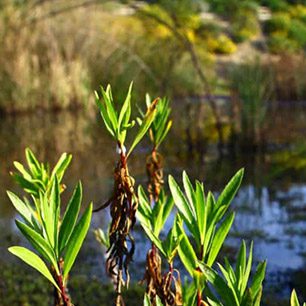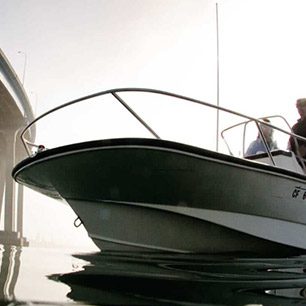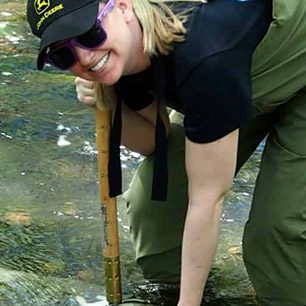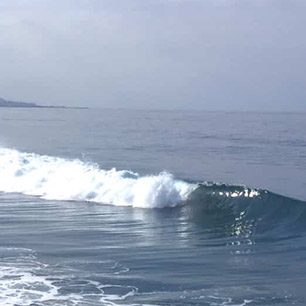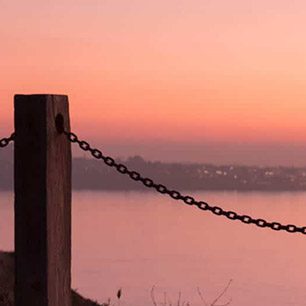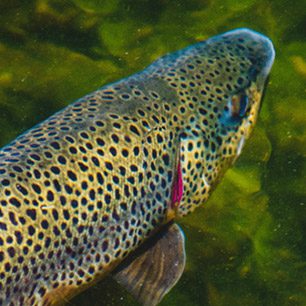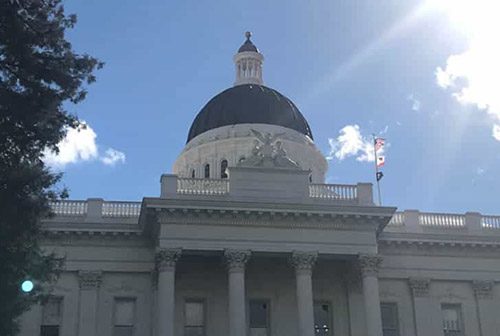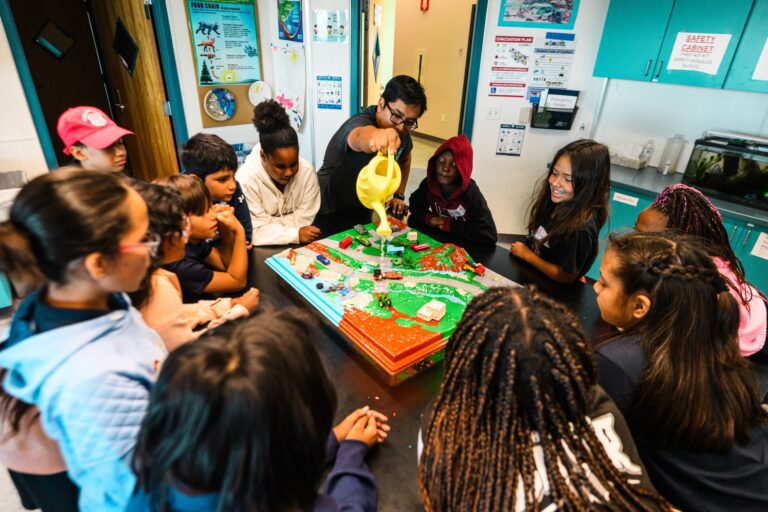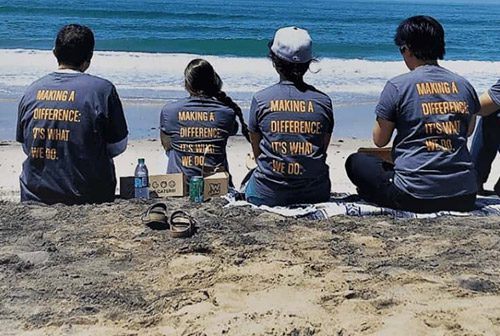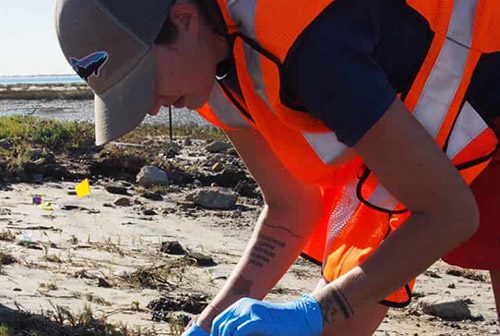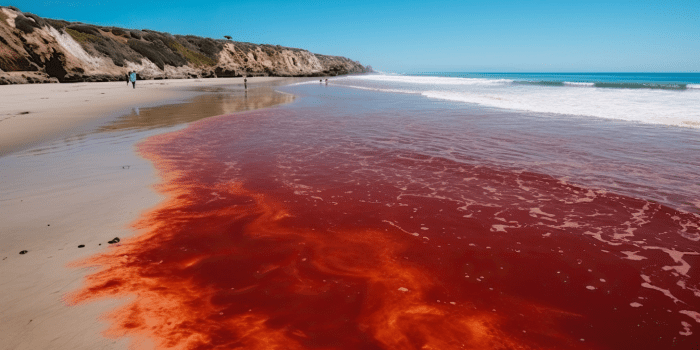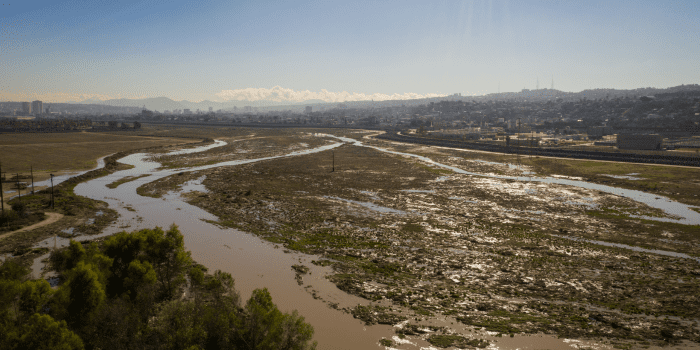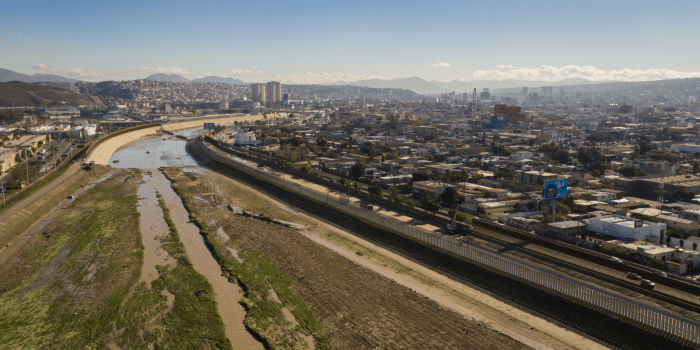Last month I went to Chicago for the annual International Waterkeeper Alliance conference. I packed up to the last minute, alternating throwing clothes into my suitcase with frantic last minute emails and calls to make sure Coastkeeper would survive until my return. Spoiler alert: Coastkeeper survived my two-week absence.
The Alliance keeps nearly 200 Waterkeepers connected, uniting our voices as we take on major global water issues together. Our annual conference is a homecoming; a place to share your ideas with folks who understand your passion for a stretch of river or coastline. It’s the best and worst of a family reunion, all the squabbling, the cousins you haven’t seen in a few years, the cool uncle that’s taken on mountaintop removal coal mining… well it’s an interesting family.
It’s difficult to pinpoint the best thing about the conference. Certainly meeting some of the stars of our movement, like Rick Dove, a former Riverkeeper in North Carolina who’s taken on the destructive hog farming industry was inspiring. Sleeping just 12 hours over four nights so I didn’t miss the impromptu jam sessions or late-night discussions (on the dance floor no less) about ocean acidification was exhausting and exhilarating. And I got a lot of practical tips from the sessions led by experts in our field – everything from engaging volunteers, to better fundraising, to testifying in a water pollution lawsuit.


So it’s not hard to say what the best thing about coming back to San Diego was: returning with that same sense of empowerment and walking into my office with a renewed sense of purpose to protect San Diego’s beautiful coastline and waters. I can’t wait until next year’s conference. Although I will start packing a little earlier.
